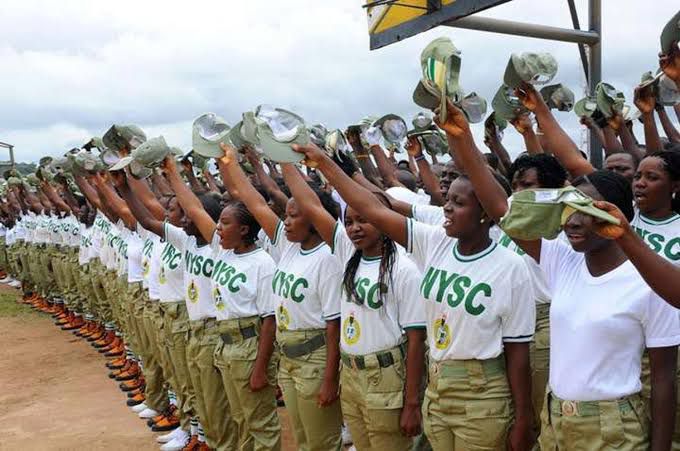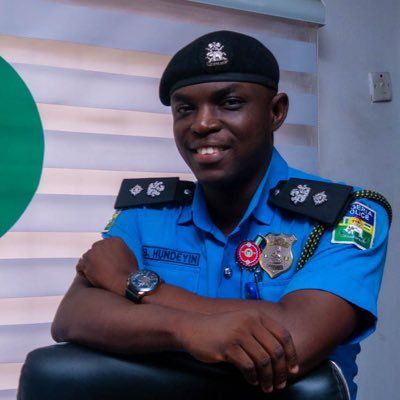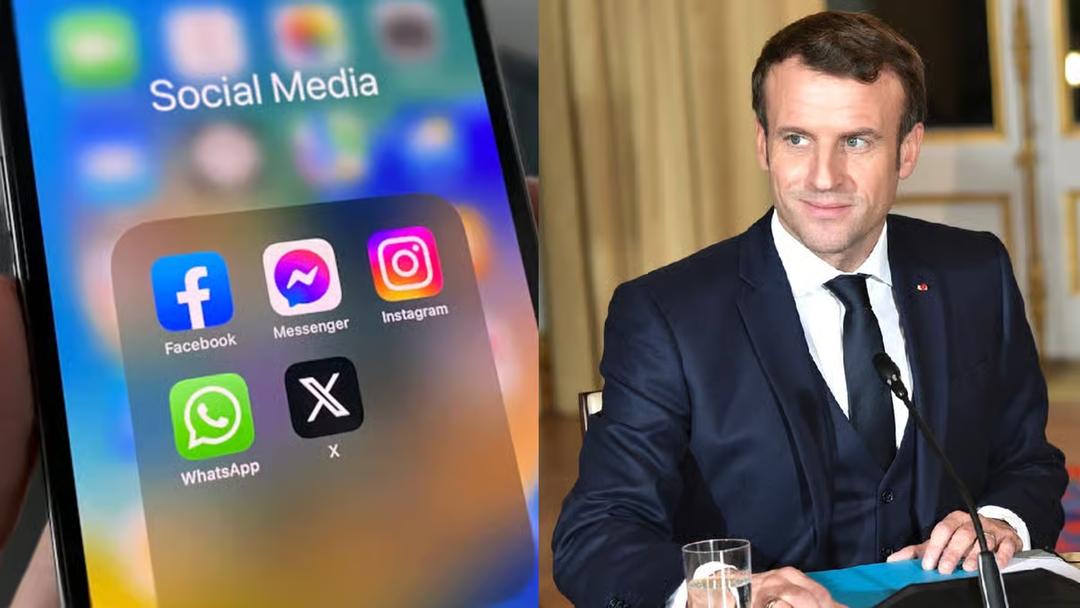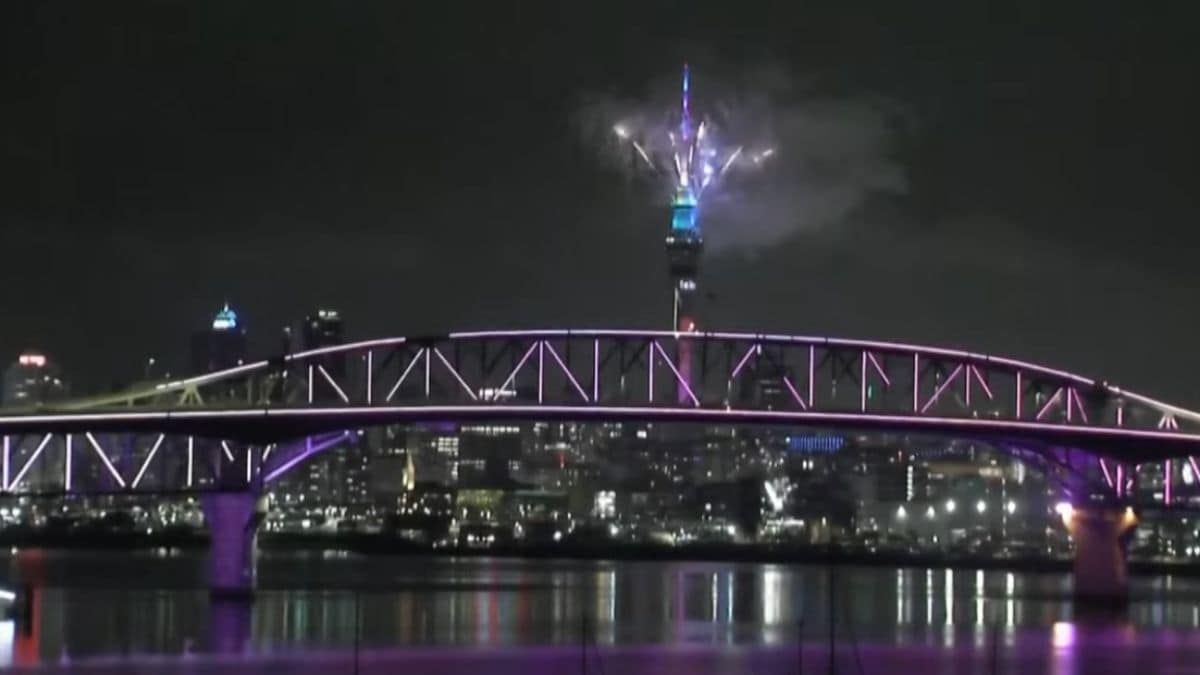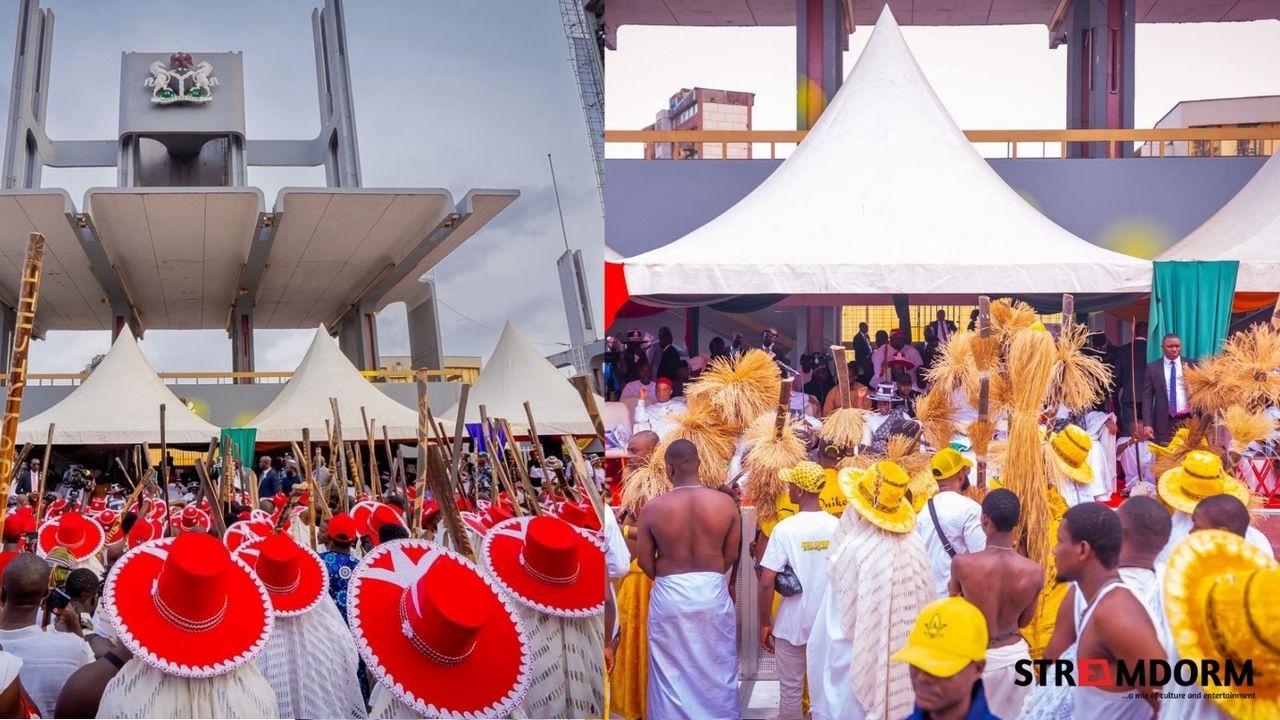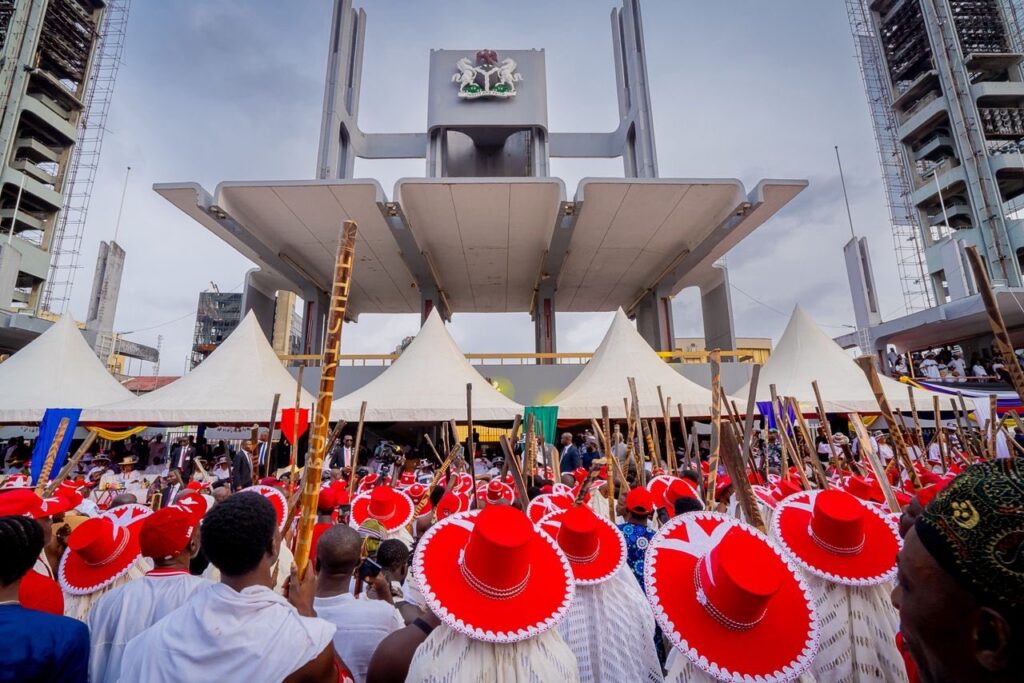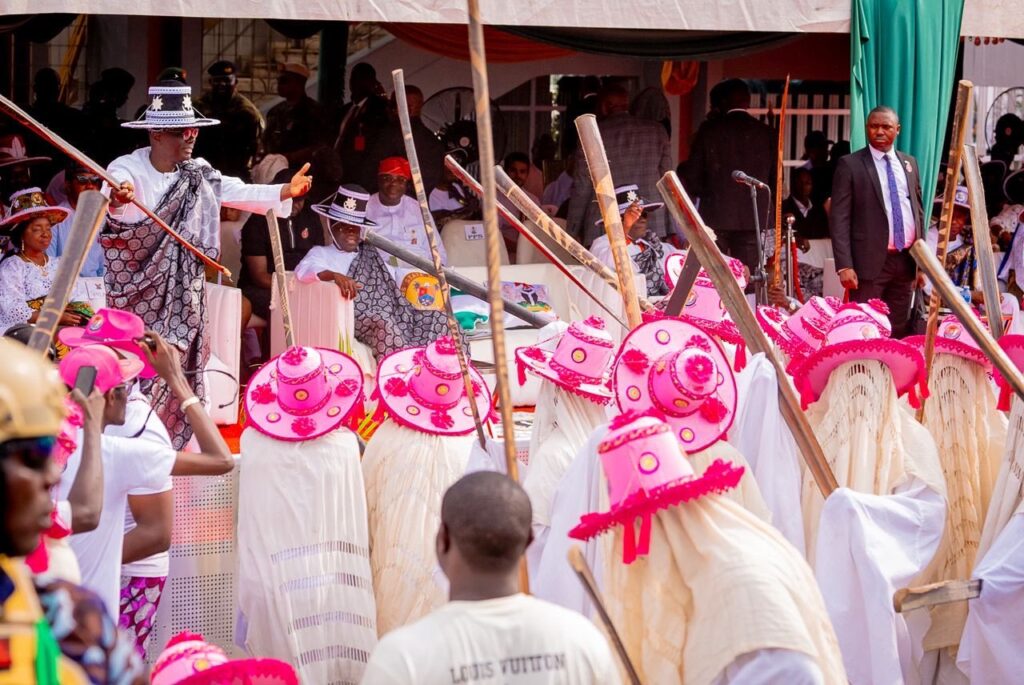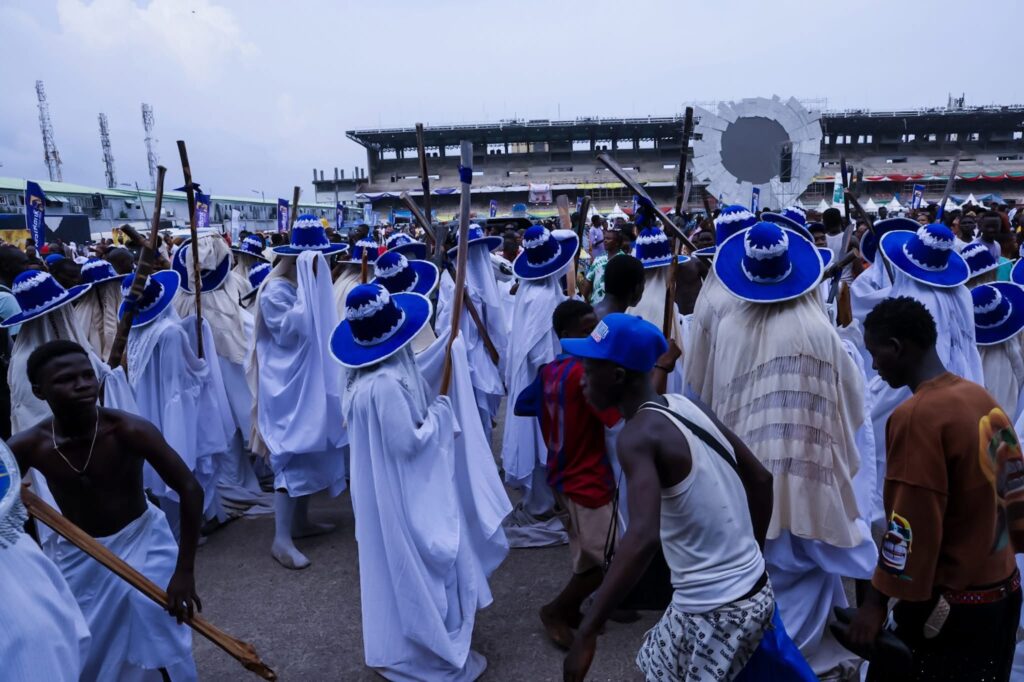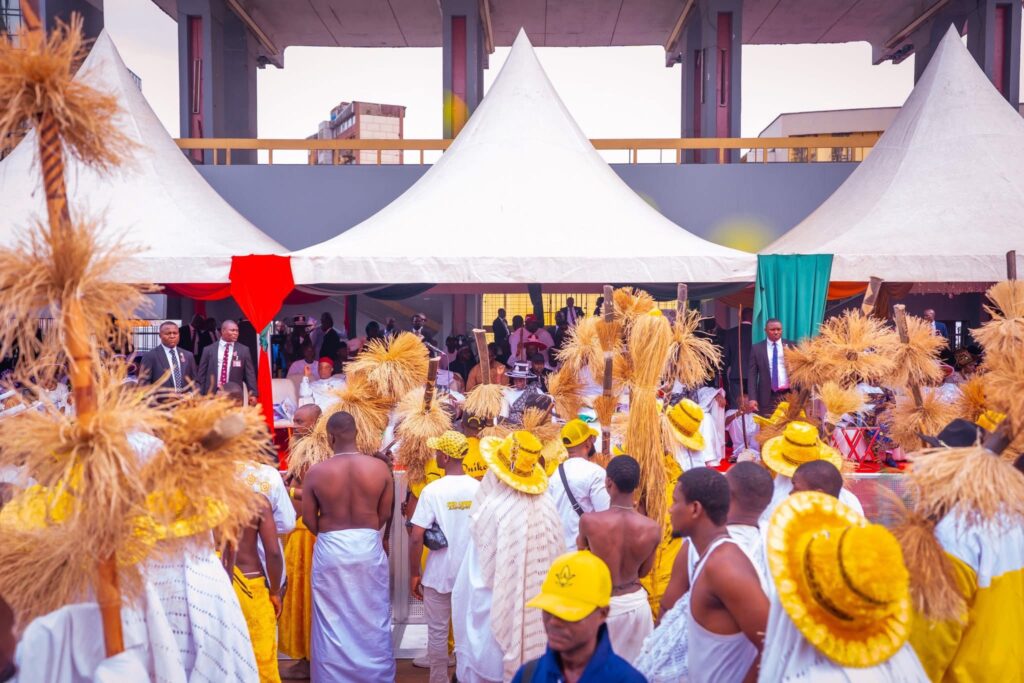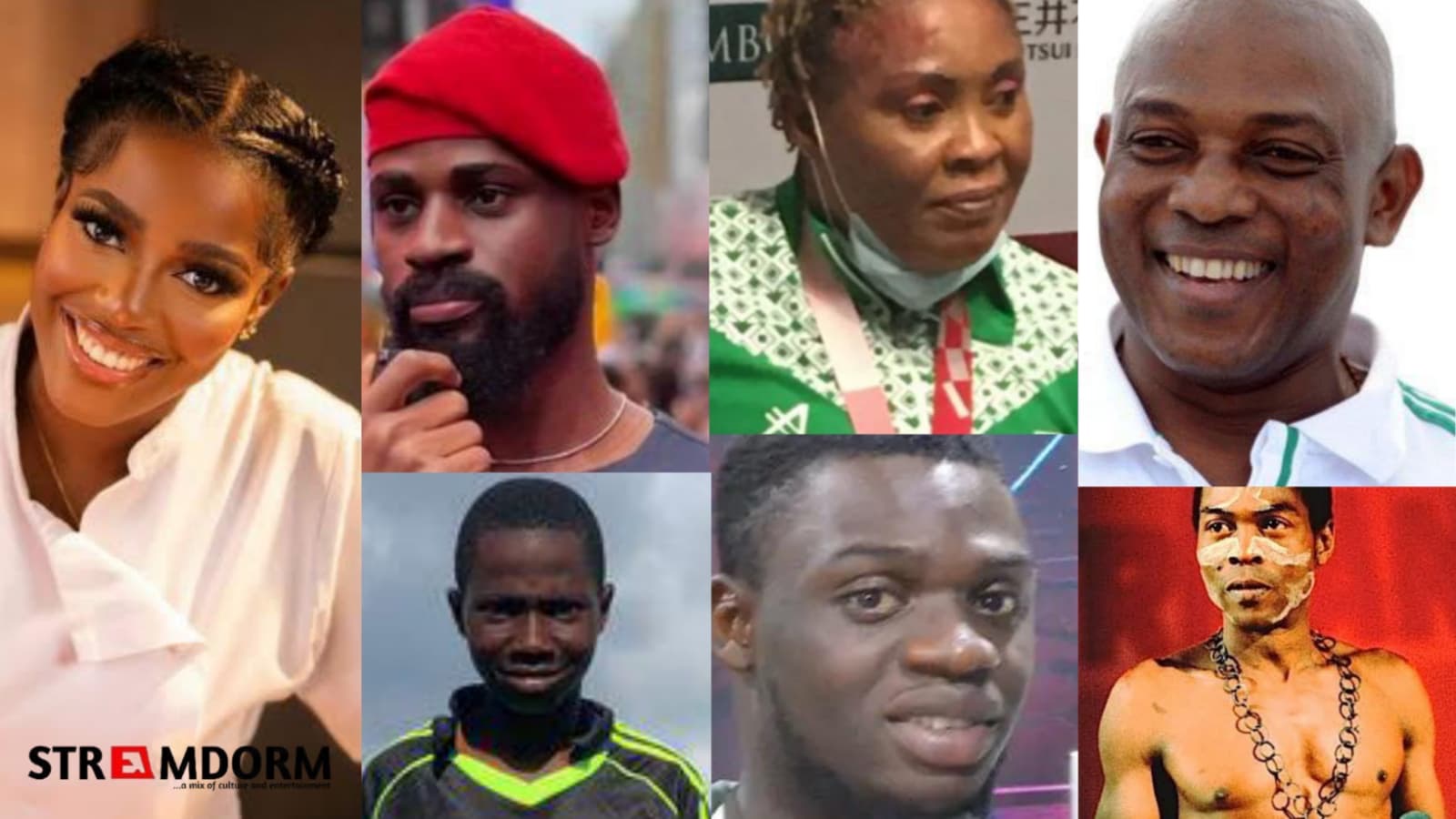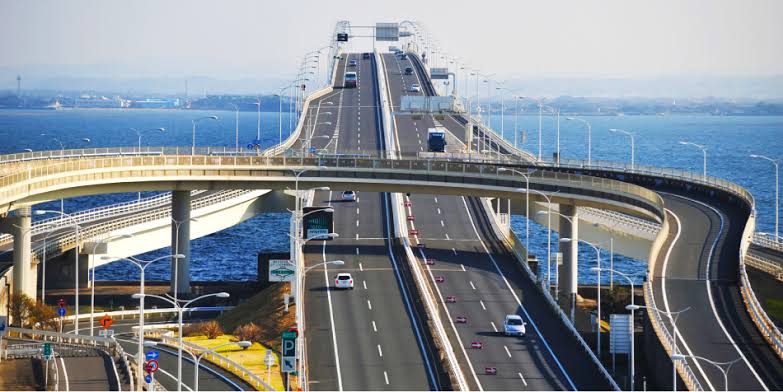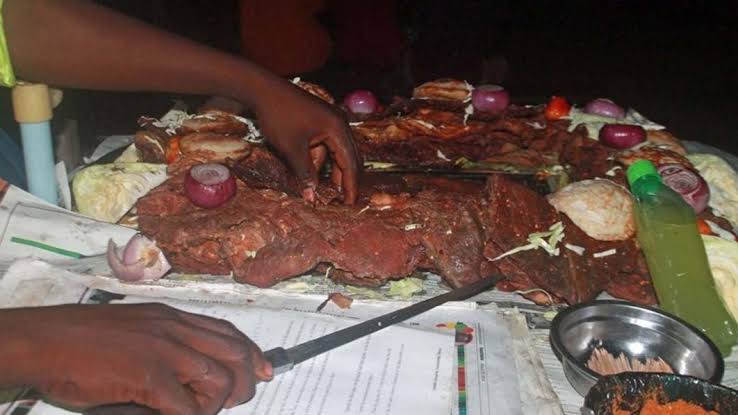The Oxford English Dictionary (OED) has officially recognized the growing influence of Nigerian and West African English by adding 24 new words and phrases. From everyday slang to local foods and cultural expressions, these words reflect the global reach of Nigerian culture, music, and language.
This update marks a milestone in acknowledging Nigerian English and Pidgin English as vibrant contributors to the English language worldwide.
24 Nigerian Words Now in the Oxford English Dictionary
Here’s the complete list of newly added Nigerian and West African words, now officially part of the global English lexicon:
- Abeg – A Pidgin term meaning “please” or used to soften requests.
- Abrokyire – From Twi, meaning foreign or overseas countries.
- Adowa – Traditional Ghanaian dance style.
- Amala – A Nigerian staple swallow made from yam, cassava, or plantain flour.
- Ampesi – A Ghanaian boiled dish of tubers like yam or plantain.
- Benachin – Senegalese/Gambian one-pot rice dish (similar to jollof).
- Bend down (and) select – Refers to choosing second-hand clothes, now used as a noun and verb.
- Biko – Igbo word meaning “please,” also used as an interjection for surprise or emphasis.
- Domoda – Mandinka peanut and tomato stew.
- Dumboy – A Liberian boiled cassava dish.
- Ghana Must Go – The iconic checkered travel bag, named after a historical deportation event.
- Kpanlogo – A Ghanaian dance and music style.
- Light soup – Spicy Ghanaian tomato-based soup.
- Mammy Market – Markets traditionally run by women, especially in military barracks.
- Moi Moi – Steamed bean pudding from Nigeria (Yoruba origin).
- Nawetan – A football tournament in Senegal and Gambia.
- Nyash – Pidgin slang for “buttocks” or something attractive.
- Obroni – Ghanaian term for foreigner, especially light-skinned people.
- Poda-poda – Sierra Leonean minibus taxi.
- Swallow – Class of starchy foods eaten by hand (fufu, amala, eba).
- Talk less – Phrase meaning “seriously” or “no joke.”
- Yassa – Senegalese marinated dish with meat or fish and onions.
- Hiplife – Ghanaian music genre combining hip-hop and highlife.
- Articulator – Usage noted in West African contexts, added to OED for cultural relevance.
How Nigerian Words Are Going Global
- Social Media & Music – Phrases like “Abeg” and “Talk less” trend online, showing how Nigerian Pidgin spreads internationally.
- Food & Culture – Words like Moi Moi, Amala, and Yassa reflect Nigeria’s and West Africa’s culinary influence.
- Fashion & Lifestyle – “Bend down (and) select” represents local markets and fashion culture that now resonates globally.
- Diaspora Influence – Nigerian and Ghanaian communities abroad help these words enter mainstream English.
The Oxford English Dictionary has officially acknowledged what Nigerians have always known: their language, slang, and culture are shaping global English. Next time you say “Abeg” or enjoy Moi Moi, remember: you’re speaking officially recognized English now.

